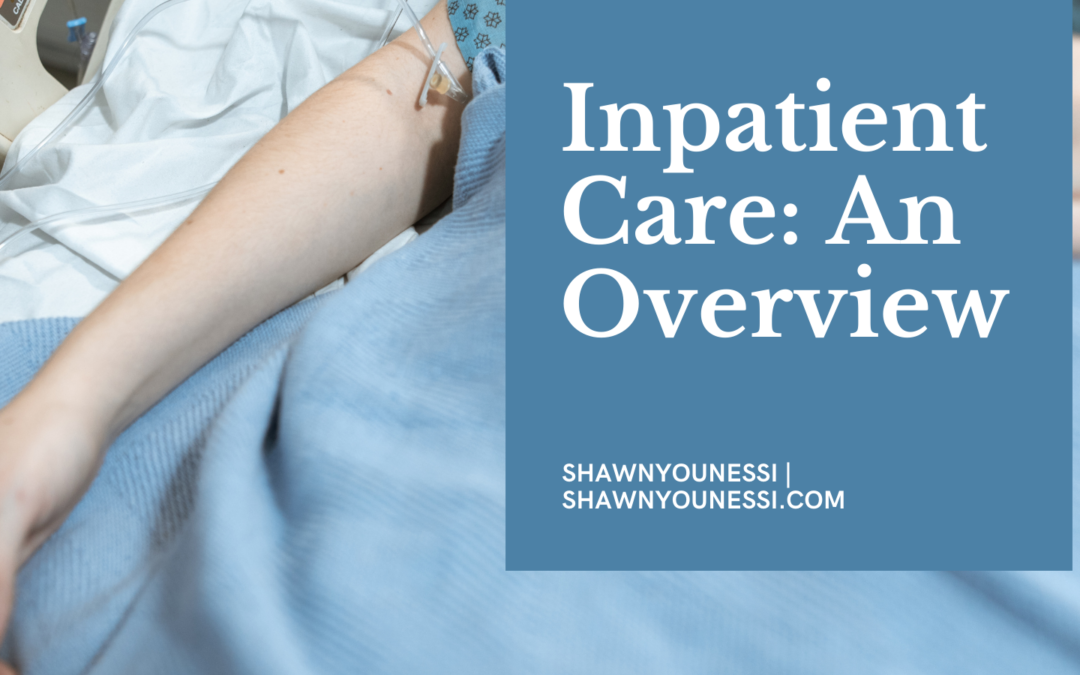The terms “inpatient” and “outpatient” have very different meanings when referring to the care you receive medically. Today, we will be talking about inpatient care, as referred to in a Cigna article.
Generally speaking, inpatient care talks about receiving medical care during a stay at the hospital. It is typically quantified by being admitted for, at the very least, an overnight stay, sometimes, even more, depending on the status of your condition.
As an inpatient, you’re under the supervision of doctors, nurses, and other healthcare professionals that take part in the hospital. These specialists could be Oncology, Neurology, Orthopedics, General Surgery, depending on why exactly you’re at the hospital. You could be at the hospital for several reasons: surgery, illness, childbirth, substance abuse issues, mental health issues, or even a traumatic injury.
You could have prepared for this admission to inpatient care. These could be more extensive surgeries or childbirth that require an overnight stay. Chronic diseases, like cancer and COPD, require specialized care and treatment, so they may require a longer stay. However, that isn’t the only way for admission into inpatient. There’s emergency admission for inpatient care for substance abuse issues, as well as mental health issues.
We talk about the difference between inpatient and outpatient because inpatient care can be pretty expensive. Including the cost of the treatment and surgery you’re getting, there are other costs to take into account: administrative costs, the cost of the medicine you get, lab tests you’ll have, the costs for the nurses, radiologists, technicians, and other specialists who take care of you, even the equipment and supplies that are used to contribute to your care.
When keeping insurance in mind, there are a couple of things to keep in mind. While sometimes outpatient can be wholly covered, inpatient care isn’t. Depending on your care, you may have to pay a considerable amount if you stay in the hospital for inpatient care. You’ll have to pay for the care you receive until you meet your plan’s deductible, wherein your health plan kicks in and pays part as coinsurance. If you hit your out-of-pocket maximum for the whole year before the inpatient care, the insurance will pay 100% of the costs of your care.
